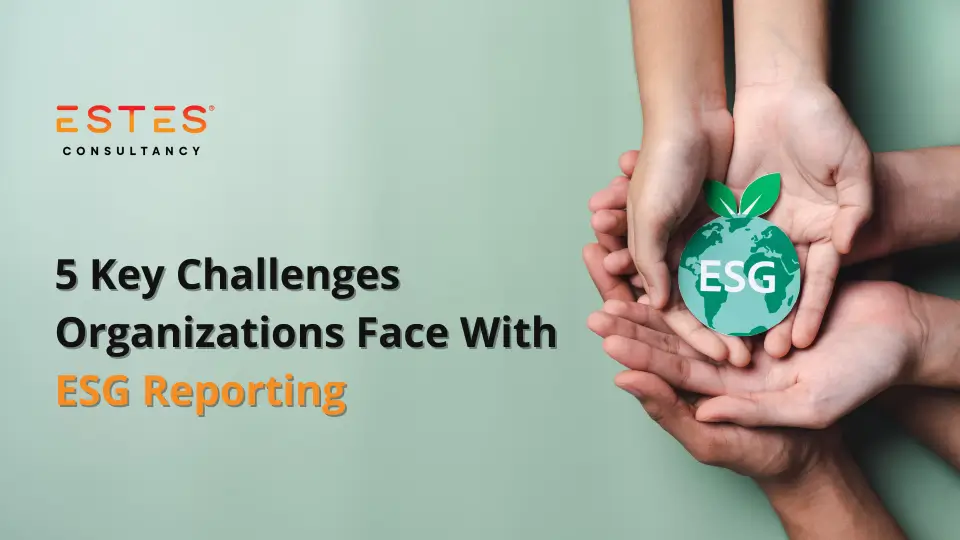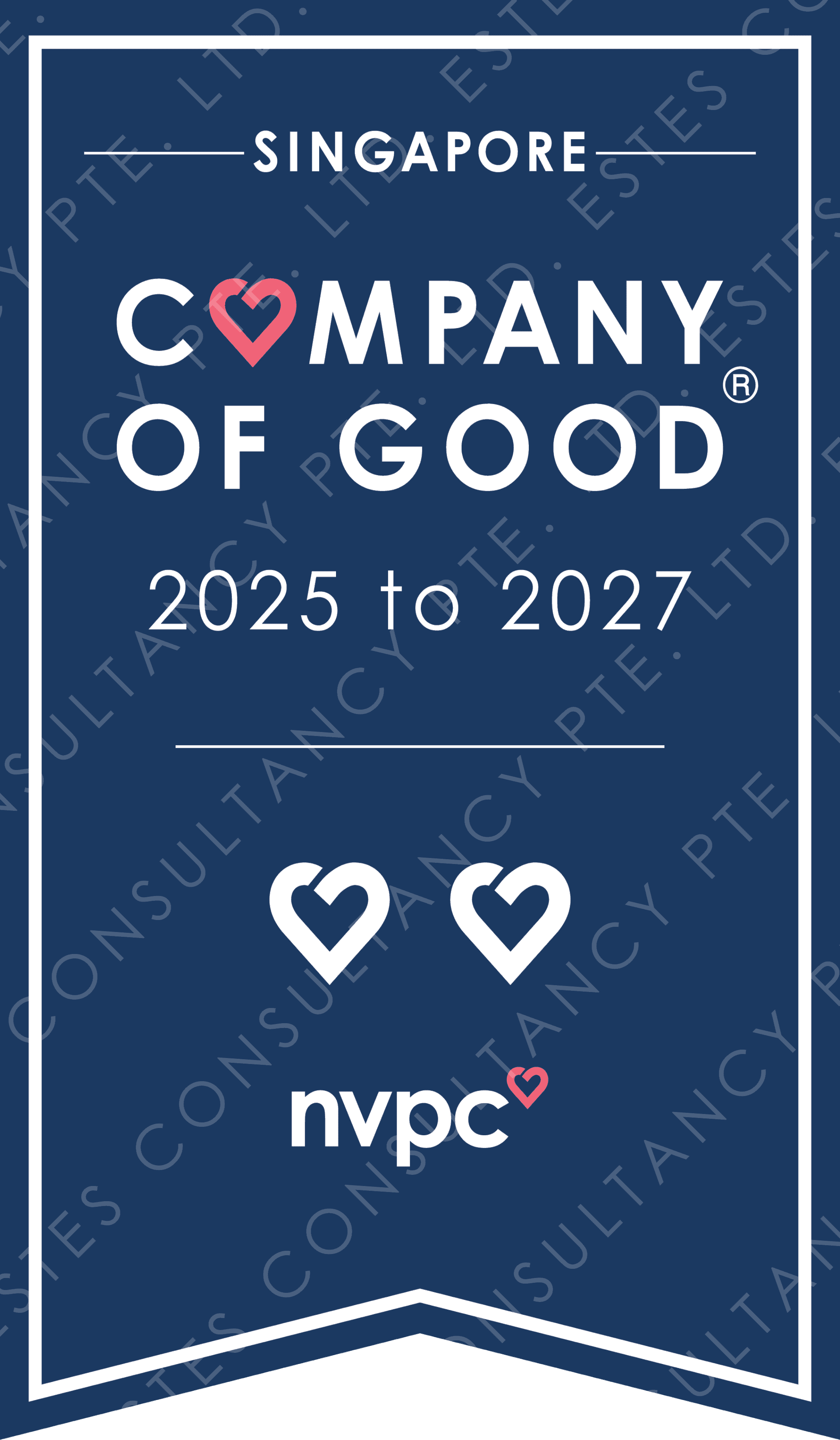
Environmental, Social, and Governance (ESG) reporting has evolved from a niche practice to a critical aspect of corporate responsibility and sustainability. As more organizations recognize the importance of ESG factors in their operations, they face numerous challenges in implementing effective reporting strategies. Understanding these hurdles is essential for companies striving to improve their ESG performance and transparency.
One of the most significant challenges in ESG reporting is the collection and management of accurate and comprehensive data. ESG data is often dispersed across different departments, systems, and geographical locations, making it difficult to consolidate and verify. Unlike financial data, which is standardized and consistently tracked, ESG data can be qualitative and subjective, requiring companies to establish clear criteria for measurement.
Additionally, many companies lack the necessary technology and infrastructure to capture and analyze ESG data efficiently. This can lead to incomplete or inaccurate reporting, which not only undermines the credibility of the report but also hinders the company’s ability to make informed decisions based on that data.
To overcome these challenges, organizations can invest in specialized ESG data management tools that integrate with existing systems and provide real-time data analytics. Regular training and clear guidelines for data collection across all departments can also help ensure consistency and accuracy.
Another significant challenge in ESG reporting is the lack of standardized frameworks. Organizations often find themselves navigating through multiple reporting frameworks, each with distinct priorities, guidelines, and metrics. Notable frameworks include the Global Reporting Initiative (GRI) Standards, the Sustainable Accounting Standards Board (SASB) Standards, and platforms like the Workforce Disclosure Initiative and CDP (Carbon Disclosure Project). The diversity among these frameworks can lead to inconsistencies and confusion as organizations attempt to align their internal processes with these various standards. Furthermore, some of these frameworks might be overly complex for the needs of certain businesses, further complicating the reporting process.
To tackle the challenge of multiple ESG reporting frameworks, organizations must strategically select the frameworks that best align with their business goals and ESG priorities. This selection process should focus on frameworks that are widely recognized within the industry and resonate with the values of key stakeholders, including customers and investors. It may be beneficial to adopt a combination of well-established frameworks to ensure comprehensive coverage while maintaining clarity and consistency.
Additionally, organizations should prioritize training for their teams on the selected ESG frameworks to ensure a thorough understanding of the reporting requirements and methodologies. Staying informed about ongoing efforts to harmonize ESG standards such as those led by the International Sustainability Standards Board (ISSB) is also crucial. The ISSB is working to unify and simplify the ESG reporting landscape by integrating elements from various frameworks, which may eventually lead to more streamlined and coherent reporting practices.

Determining what is material and relevant to report is another significant challenge. ESG issues vary widely between industries and even between companies within the same industry. What is material for a manufacturing company might not be relevant for a financial services firm. Companies must carefully assess which ESG factors are most significant to their operations and stakeholders.
However, this assessment process can be complex and subjective, often requiring in-depth stakeholder engagement and industry analysis. Failing to identify and report on material issues can lead to accusations of greenwashing, where companies are seen as superficially addressing ESG concerns without making substantive changes.
Conducting a comprehensive materiality assessment, involving both internal and external stakeholders, is crucial. This process should be iterative, regularly revisited as the business environment and stakeholder expectations evolve. Using established frameworks and engaging with third-party experts can also enhance the objectivity and credibility of the materiality assessment.
With increasing scrutiny from investors, customers, employees, and regulators, organizations face the challenge of meeting diverse stakeholder expectations through their ESG reporting. Stakeholders are demanding more transparency, with a particular focus on how companies are addressing climate change, social inequalities, and governance issues.
Moreover, the way ESG information is communicated can significantly impact a company’s reputation. Stakeholders expect clear, concise, and accessible reports that not only provide data but also tell a compelling story about the company’s commitment to sustainability. However, balancing the need for transparency with the complexity of ESG issues can be challenging.
Companies should engage with stakeholders throughout the reporting process, using their feedback to shape the content and format of the report. It’s important to adopt a clear and consistent narrative that aligns with the company’s overall mission and values. Leveraging digital platforms for ESG communication can also enhance accessibility and engagement.
Unlike traditional financial risks, many ESG risks are not easily measured in monetary terms, making them difficult to assess and manage. For example, the impact of climate change on supply chains, the long-term effects of governance failures, or the reputational damage from social issues are complex and often lack clear metrics. This lack of quantifiable data can lead to gaps in risk management, leaving organizations vulnerable to unforeseen ESG-related issues.
To effectively manage and quantify ESG risks, organizations should implement a comprehensive ESG risk management framework. This framework should include the development of specific KPIs that align with the organization’s sustainability goals and the broader ESG landscape. By adopting a data-driven and tech-enabled approach, organizations can better monitor and evaluate ESG risks, even those that are difficult to quantify.
Continuous monitoring and regular updates to the risk management framework are essential to ensure it remains relevant as the ESG landscape evolves. This proactive approach will not only improve risk management but also enhance the credibility and effectiveness of the organization’s ESG reporting, making it more attractive to investors and other stakeholders.

By addressing these challenges proactively, organizations can enhance the effectiveness of their ESG reports, build stronger relationships with stakeholders, and position themselves as leaders in sustainability. With the right strategies and resources, companies can turn ESG reporting from a compliance requirement into a powerful tool for driving sustainable growth and positive impact.
Partnering with Estes Consultancy, a leader in sustainability consulting in Singapore, can help your organization navigate the complexities of ESG reporting. We offer tailored solutions to address challenges organizations face with ESG reporting. Our comprehensive services include ESG materiality assessments, GHG inventory management, and the development of decarbonization roadmaps. By aligning your sustainability strategies with recognized standards and best practices, we ensure that your ESG reporting is both transparent and compliant. Learn more about how we can help you overcome these challenges. Contact us today to discover how our expertise in ESG reporting can guide your organization toward a more sustainable future.



Built by: Blink